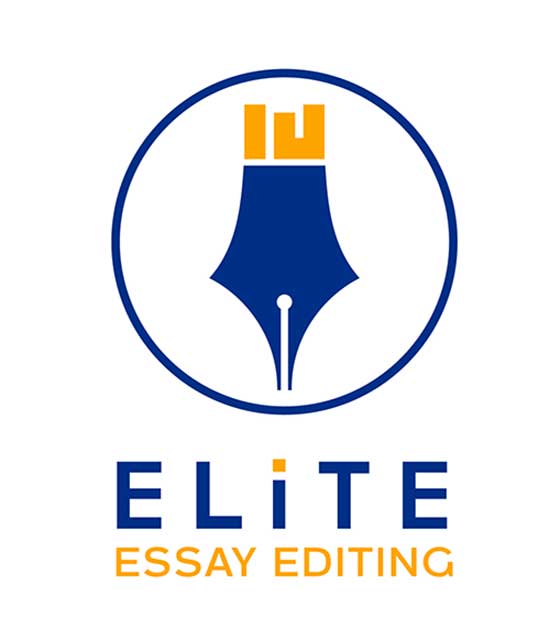Active Voice for an Active Reader
Do you know what puts readers to sleep faster than a boring story? Not the active voice. A passive one.
I find it fascinating, though, how with the right language, someone can turn what would seem like a monotonous event into a dramatic, exciting moment with the right verbs.
While this post will not entirely avoid passive verbs (destroying your flow for the sake of having active verbs will kill your reader’s interest faster than an uninteresting story), it will set out to make the argument that using “is,” “are,” “be,” and any other forms of such a verb will make your writing uninteresting and, as a result, bore the reader–in this case, the admissions officer at your dream school.
Passive Is Boring
“I was captain” sounds a lot weaker than “My teammates elected me captain.” A passive voice is boring.
An active voice reads like a compelling novel. You want your work to grab the reader by the throat, shake them, and command their attention. “I am smart, hard-working, and disciplined” is boring (and common). “I study five hours a night, work 15 hours a week for my father’s construction company, and go to bed at the same time every night, including weekends” paints a picture of who you are.
The passive voice is easy to write. (I just did it right there.) It’s not a death wish to write in that form. But when you use active verbs, it becomes easier for the reader to feel a part of the story. Imagine the difference here:
“Swinging a bat is hard.”
“I swung the bat as the fastball blazed by me at 90 miles per hour, my hands anticipating the ball’s location before it had even left the pitcher’s hand.”
Which one is easier to imagine yourself in?
Actively Delete Your Passivity
Look for all your verbs that are forms of “to be.” Can you delete them?
It isn’t always necessary—this section so far has multiple such forms alone. But searching for them and identifying them will allow you to make a judgment call on if you can delete them or not. More often than not, deleting them will significantly improve the flow, quality, and the level your essay captivates the reader.
It doesn’t always work that way, though. If the flow worsens because of your change, then delete. For example, no one would ever say “My name designates me as Stephen,” they would just say “I’m Stephen.” Common sense applies here. It also helps to have someone else read your essay out loud and gauge their reaction. Do they start speaking like a man in front of an audience? Or do they scrunch their eyes in confusion at what they are reading?
No matter what, in general, err toward active voice. It’ll make for an active and, thus, more interested reader.
Want to have a professional actively work on your essay writing? Let me help you get into your dream school.
Want to know everything about writing essays for your applications? Find out everything you need to know here.

